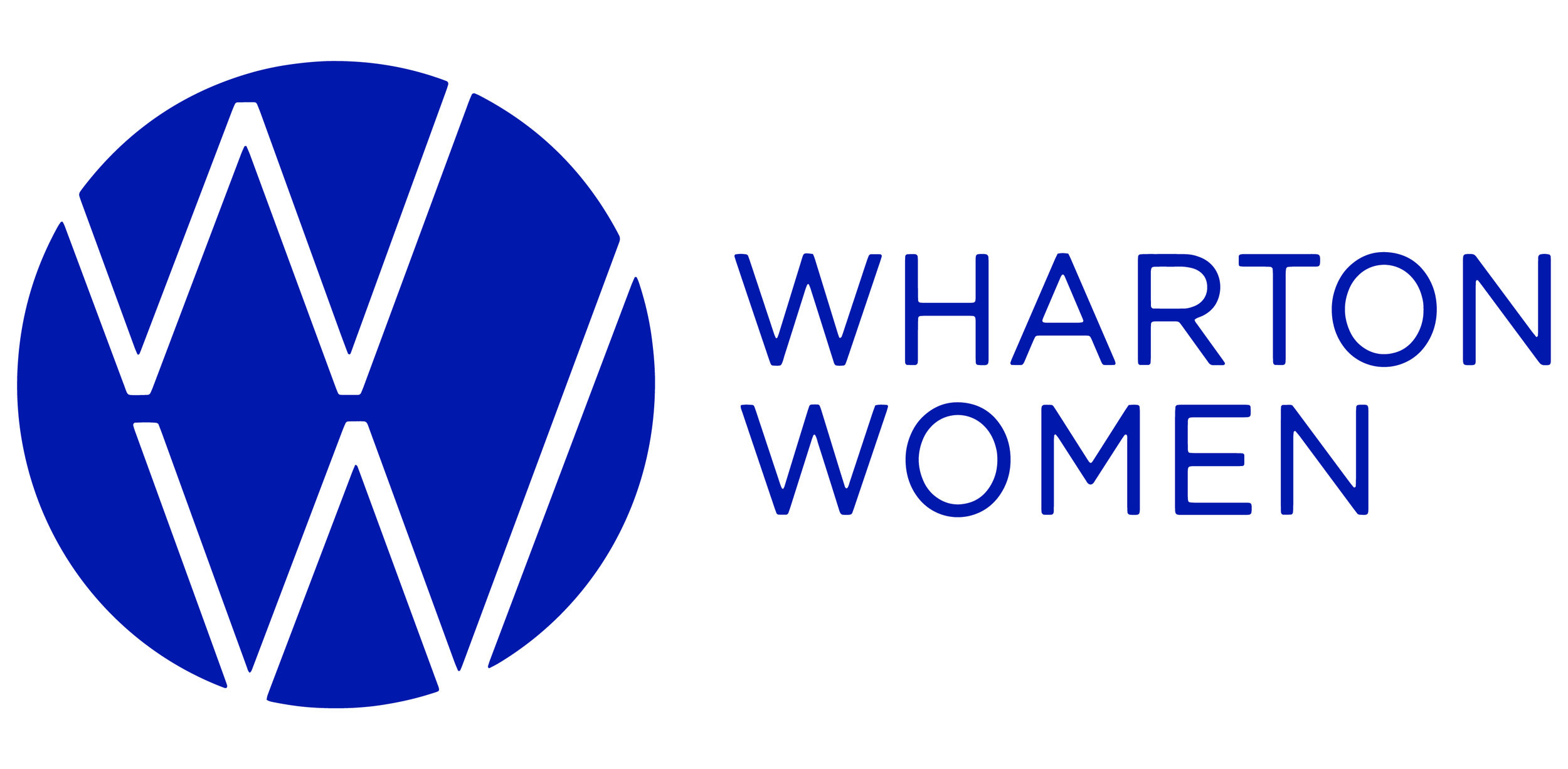Lily Huang W'14
What did you study at Penn and when did you graduate?
I graduated in 2015 with a dual degree in Biology in the College and Finance at Wharton.
What do you do now, where are you based, and what positions have you held?
I am a venture capitalist focusing on healthcare and tech at NEA (the largest VC firm in the world with 50% healthcare investing), based in San Francisco. Before NEA, I worked at TPG.
What was your favorite part of Penn/Wharton?
The people! The people have been incredibly helpful career wise and lifelong friends. I am still close friends with three of my teammates from MGMT 100. At Penn, you never know what the person sitting next you will become, and already many of my classmates are doing incredible things.
What advice do you wish you had known when you were an undergraduate or starting your career?
Confidence and self-worth. I feel I am naturally more of an introverted person and more deferent, but I hold strong convictions. When I was first starting out, it was easy to just listen to the opinions of others and assume someone older would know more, but venture is the complete opposite. It was a shock to find my voice and learn to use it.
Develop relationships with people, look for different ways to share your opinion, like speaking one on one, and find mentors who will help you find your voice.
Venture Capital versus Private Equity:
At the core you are learning how to be an investor and how to assess people and business models. PE companies are later stage, so flexibility of models, cash flows, and the potential for strategic financial engineering are important. Venture capital is more about people. You are betting on someone incredibly early to take your money and build something great. Working with entrepreneurs gave me so much appreciation for what it is like to start your own business.
In terms of new hires, we are looking for someone passionate about learning the industry and understanding people, who is able to gel well with a team and who has good judgement of people. There is no one path toward being an investor. You can add value knowing the financials and being able to come up with interesting insights, but also having subject matter expertise over something (eg. healthcare) is useful.
What has been your proudest accomplishment of your career?
Working at NEA, because we create companies. While this is not typical at venture firms, if we see a need that is unmet, we start the company. Right now, I am working on Strive, an initiative to provide care for patients who have chronic kidney issues, such as renal failure or who need to go on dialysis. NEA hired a team to build it two and a half years ago. It was a piece of paper when I joined, and is now gaining traction and making people’s lives better.
How has being a woman affected your career trajectory, if it has?
Being a woman in finance can be lonely. Venture is a very social activity and there are areas where I feel left out, like playing golf––I don't like sports and I don't pretend to. There is a stereotype that women who succeed in finance are very competitive and cutthroat, but you can use empathy and kindness, and focus on developing relationships. Those qualities are not weaknesses but strengths.
What is the worst career advice you have received?
I felt that if I wanted to be a successful female I would be held to a higher standard and one misstep could be destructive. As a result, I did not take chances like study abroad, gap years, etc. I wish I wasn't so careful.
What advice do you have for our members as they begin exploring careers and internships?
Think about networking: don't use it as an end goal but a way to develop meaningful lifelong relationships.
What’s your favorite thing to do for fun?
Drinking wine and watching reality TV (the Bachelorette).
